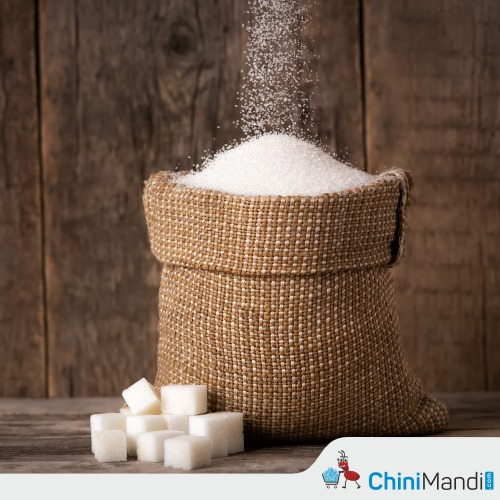Karnataka HC lifts stay on mandatory jute packaging of sugar notification

In a relief to the jute industry, the Karnataka High Court’s division bench quashed a single judge’s stay on the Centre’s order mandating 20% of sugar production to be packaged in jute bags. The bench ruled the interim stay was erroneous and emphasized the limited scope for judicial review of policy decisions, supporting the government’s jute packaging mandate.
In a ruling providing relief to the country’s jute industry, a division bench of the Karnataka High Court quashed the order of a single judge bench, which had granted an interim stay on the notification issued by the Centre mandating 20 per cent of sugar production be packaged in jute bags. “…the learned Single Judge in passing the impugned interim order to stay the notification, committed an error in the nature of error of jurisdiction. The impugned order stands unsustainable in the eye of law,” observed the Division Bench comprising Chief Justice N. V. Anjaria and Justice K V Aravind in its order on September 26.
In its interim order, the Karnataka High Court single-judge bench on September 5, 2024, stayed the Government notification dated December 26, 2023, after the South Indian Sugar Mills Association filed a writ petition to set aside the notification. In its notification, the Ministry of Textiles mandated 100 per cent jute packagiong for foodgrains and 20 per cent of the total sugar production.
Industry concerns
The South Indian Sugar Mills Association, in the writ petition, challenged the validity of the notification, stating that the government had issued it without taking into consideration the recommendations of the expert committees and the primary concerns associated with packaging of sugar in the jute bags, such as non-preference by bulk consumers, possibility of contamination, unhygienic state of jute bags and batching oil contamination were ignored.
“The notifications were issued mechanically and without application of mind,” the association contended. It also appealed to the court to direct the government to remove sugar from the purview of the Jute Packaging Materials (Compulsory Use in Packing Commodities) Act, 1987. In his submission, Additional Solicitor General K. Arvind Kamath, representing the Union of India, said the Jute Packaging Materials Act, 1987 was enacted to protect the interest of persons engaged in the raw jute production and the jute industry, which occupies a significant position in the national economy.
Policy decisions
“The impugned Notifications issued by the Ministry of Textile, Union of India, is a policy-making exercise translated into statutory function under the Act. The decision is of the expert Advisory Committee under the statute. The various grounds raised by the respective respondents to question the issuance of Notifications and the stipulation therein about the mandate of packing the sugar in the jute bags are essentially and for all purposes, objections in relation to the policy decision.
They are in the nature of pros and cons in respect of policy,” the Division Bench observed. “The scope and ambit of judicial review as well as the parameters to be applied would remain extremely limited for the Court, when it comes to examining the policy of the State or the decisions which are in the policy realm. “Whether the policy decision is outrightly unreasonable, arbitrary or is based on thoroughly irrelevant considerations, and for that purposes may fall within the permissible parameters and purview of judicial review, is the question needs to be examined by going in detail into the relevant aspects and the principles in law governing on that score.
It is not possible to come to an immediate conclusion which would justify the stay of the policy Notifications, when the challenge thereto is at large in the writ petitions, still to be considered on merits,” the bench said. On all the counts it was entirely possible to take a view that what was contended on behalf of the Union of India made out a prima facie case for it to successfully call in question the interim order of stay of the notification, the judges observed.











